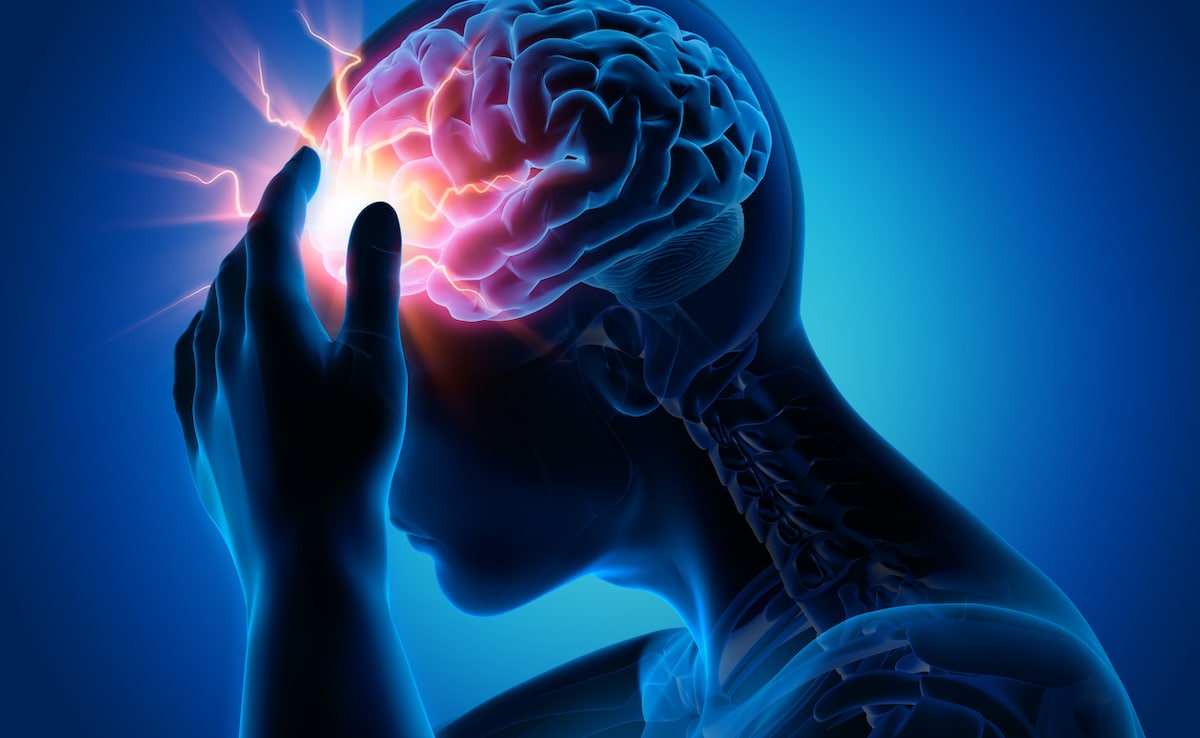Brain tumours are often misunderstood, leading to a cloud of myths and misconceptions that instigate fear and confusion among people. This lack of understanding is primarily due to the complex nature of brain tumours and the limited access to reliable information, especially in rural and semi-urban parts of the country.
According to the GLOBOCAN 2022 report, issued by the International Association of Cancer Registries (IARC), India records over 32,000 new brain tumour cases each year. However, a large section of the new patients continues to follow wrong advice based on misconceptions. Hence, it is crucial to separate fact from fiction when discussing brain tumours.
On World Brain Tumour Day 2024, let’s debunk five common myths surrounding brain tumours.
Myth 1: Brain tumours are the same as brain cancer
All brain cancers are tumours, but not all brain tumours are cancerous. Almost 50% of brain tumours are benign and can be cured with surgery or radiosurgery.
Myth 2: All brain tumours exhibit the same signs and symptoms in all patients
Different parts of the brain have unique functions, so tumours in specific areas can present differently. For example, tumours in the frontal lobe may cause behavioural or cognitive disturbances, while those in the temporal lobe may cause seizures or memory deficits.
Myth 3: Only adults can get brain tumours
Pediatric brain tumours are common, accounting for 1/5th to 1/4th of all tumour patients. Brain tumours are the second most common cancer in children after blood cancer.
Myth 4: Cell phones and Wi-Fi cause brain tumours
Despite extensive research, there is no direct evidence linking mobile phone or Wi-Fi exposure to an increased risk of brain tumours.
Myth 5: Frequent headaches mean you probably have a brain tumour
Headaches can be multifactorial, and those related to tumours are typically progressive, involving the whole brain, and accompanied by other symptoms like nausea, vomiting, dizziness, blurring of vision, or neurological deficits.
By debunking these myths, we hope to provide a clearer understanding of brain tumours and encourage people to seek accurate information and appropriate medical advice.
(Dr. Gaurav Tyagi, Neurosurgeon at Indraprastha Apollo Hospital, New Delhi)
Disclaimer: The opinions expressed within this article are the personal opinions of the author. NDTV is not responsible for the accuracy, completeness, suitability, or validity of any information on this article. All information is provided on an as-is basis. The information, facts or opinions appearing in the article do not reflect the views of NDTV and NDTV does not assume any responsibility or liability for the same.














